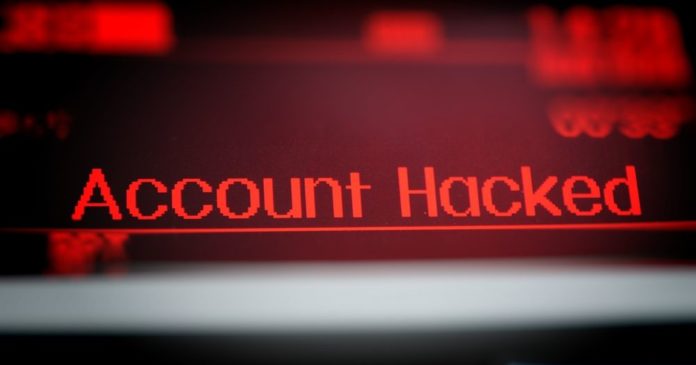
You probably already know that VPN can keep you more secure while accessing the Internet. Alongside antivirus, a VPN is what we would consider an essential tool everyone should be using these days.
But, some people have concerns about the security of VPN services; specifically, they want to know whether a VPN could be hacked. And today we’ll try to answer that question…
VPN 101
A VPN “does its magic” by creating a secure tunnel through the Internet to another network or device. And by doing this, it makes it difficult for anyone to see what you are doing online. And yes, this also includes your ISP, meaning that your data remains secret.
Most modern VPNs make it easy to establish a secure connection, by prompting users to select the server (or country) they want to connect to, and – that’s it. From that point on, the VPN service will fetch the requested data and return it to you through a secure tunnel, while keeping your data private.
The best VPNs take an extra step to conduct third-party audits to prove to the world — and its (potential) customers — they don’t keep any data on their servers.
It’s all about encryption…
VPNs rely on specific protocols to transmit and encrypt the users’ private data. There are multiple such protocols, with many VPNs allowing users to select the protocol they want to use. Among the most popular protocols are Point to Point Tunnelling Protocol (PPTP), Layer Two Tunnelling Protocol (L2TP), Internet Protocol Security (IPSec), OpenVPN, and WireGuard. (Also read: VPN Protocols Explained)
Some of those protocols include encryption while some others have an encryption layer added on top. And it is encryption that is used to make your data completely unreadable in case someone manages to intercept it. An algorithm (cipher) dictates how the encryption and decryption process takes place within the VPN protocol. It can be based on any of these three classifications: symmetric, asymmetric, and hashing algorithm.
- Symmetric encryption uses one key to lock (encrypt) and unlock (decrypt) data.
- Asymmetric encryption uses two keys, one for encrypting and the other for decrypting data. The popular asymmetric algorithm, called Diffie-Hellman, is fundamental to many VPN protocols including HTTPS, SSH, IPsec, and OpenVPN. It allows two parties (computers) that have never met before to negotiate a secret key even when communicating over an unsecured public channel.
- Hashing is a one-way, irreversible type of encryption, that is used to protect the integrity of transmitted data, such as passwords. Most VPN protocols use hashing algorithms to verify the authenticity of messages sent via the VPN.
Now let’s answer the question…
Can someone hack into a VPN?
It is important to note that everything can be hacked. And this is especially true for high-value targets where their adversaries have enough time and resources to pull it off. Most users, however, do not fall into that “high-value” category and are therefore unlikely to be hacked.
In order to hack into a VPN connection, a hacker can either break the encryption through known vulnerabilities or steal the key through unethical means. However, breaking encryption is computationally demanding and time-consuming, and could take even the strongest computers years to actually break it.
Which means that most attacks tend to involve stealing the keys. For instance, spy agencies prefer this method, which involves engaging a ton of resources — including technical trickery, computing power, court orders, and the good ol’ behind-the-scenes persuasion.
The bottom line is – yes it is possible to hack a VPN but it is hard to do so. Most VPNs run on technology that is also used by spy agencies such as CIA and NSA, making it perfectly safe for regular users to access the Internet with a VPN.
If you’re not hiding the world’s secrets and would just like to browse the web and use BitTorrent anonymously, or would like to access Netflix (any streaming service, for that matter) on your own terms (i.e. US-version of the service or from your school) – a good VPN will have your back, and then some.
To get the best VPN and to minimize the chance of your connection being hacked, visit our page with Best of the Best VPNs. We can pretty much vouch for all services on that list. They won’t let you down and you’ll get to regain your privacy on the Internet. And that, we think, is priceless.
